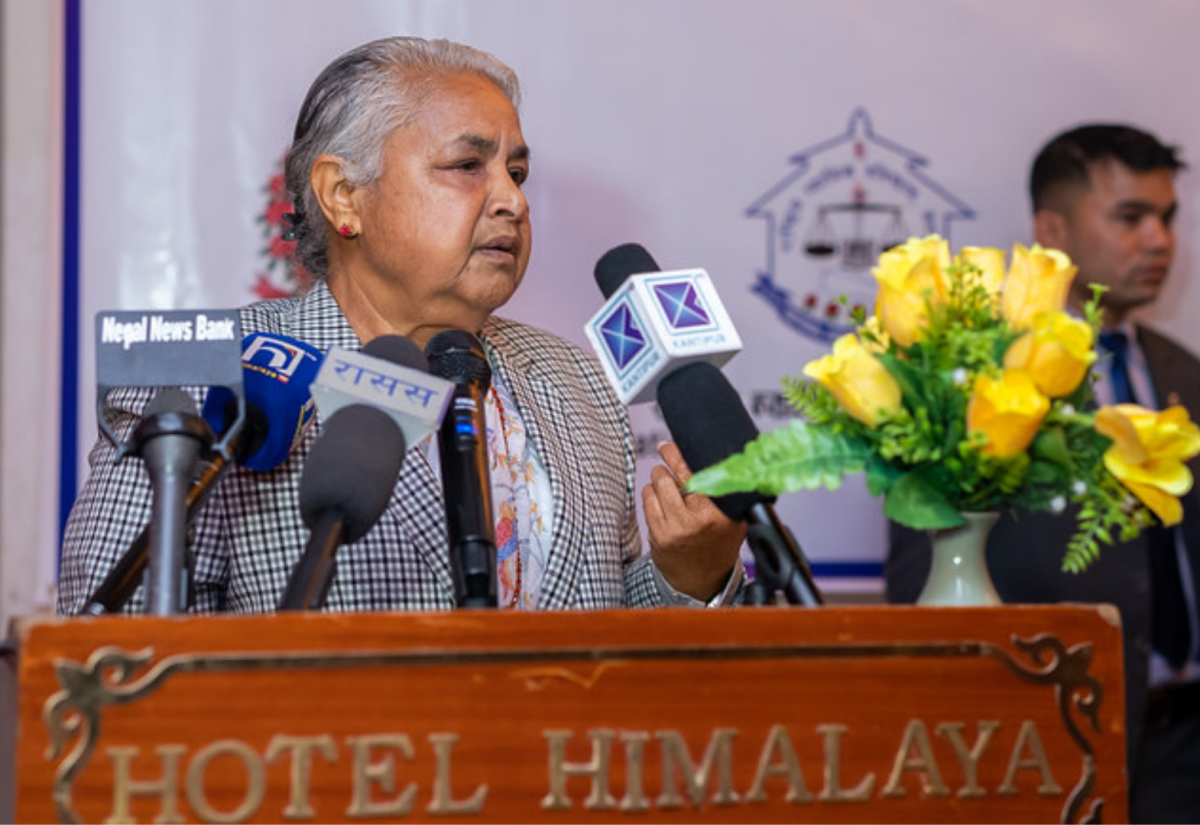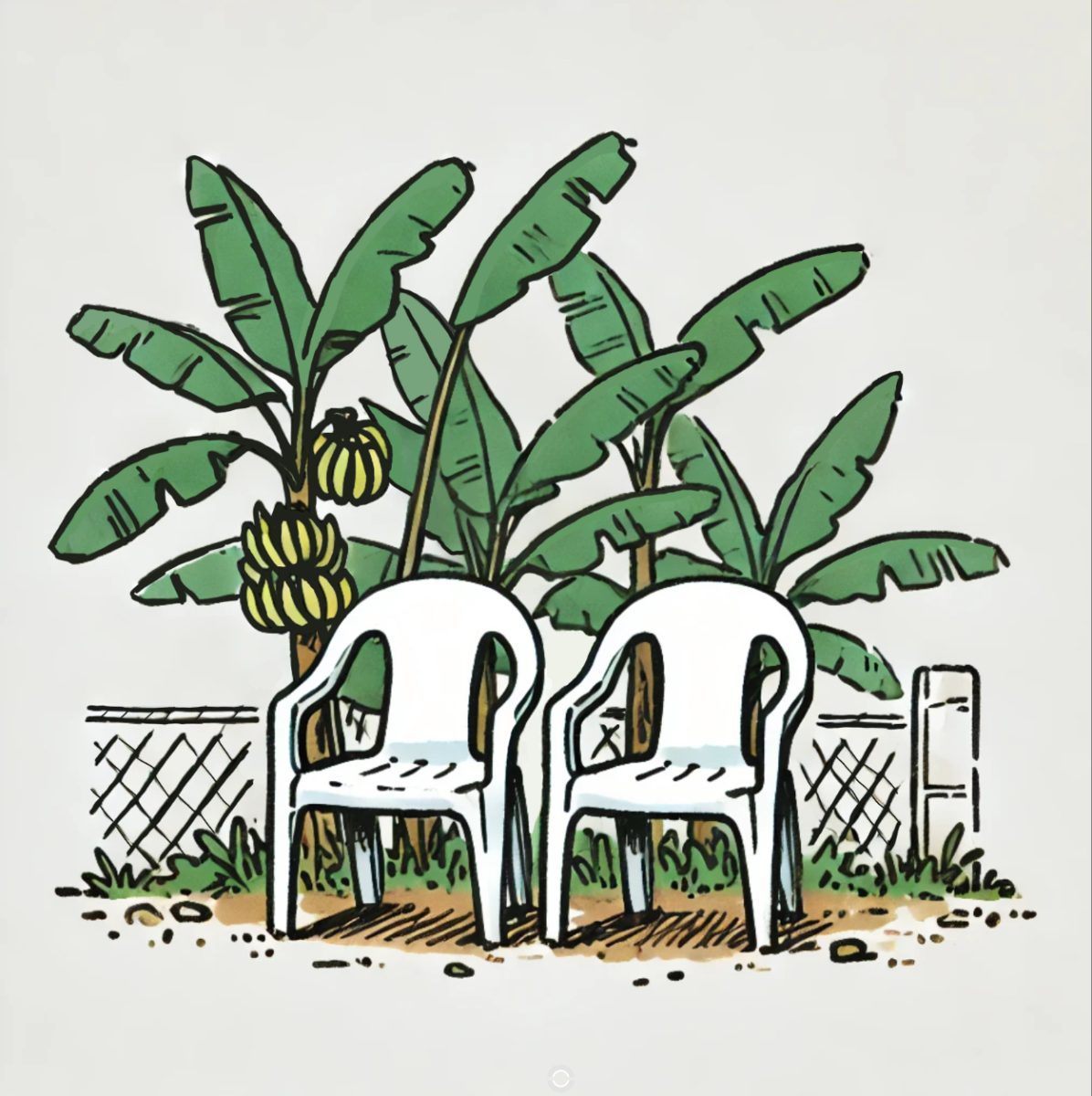Since the Taliban took over Afghanistan on August 15, 2021, they have banned women from going to schools beyond the sixth grade and from working in governmental and non-governmental organizations. Furthermore, the Taliban closed the beauty salons for female Afghan artists in June 2023, leaving hundreds of women unemployed. This instance also showcases how the Taliban interprets Islam, opposes art and fashion, and hence poses restrictions. Women are also required to wear burqas, a head to toe veil, and be accompanied by a male companion whenever and wherever they travel. Unfortunately, there are also many political female prisoners who have been jailed for protesting against the Taliban’s regime and their unique and extreme Islamic perspective on the life of women.
The religion of Islam, almost 1400 years old, first originated from Mecca city in Saudi Arabia. Afghanistan became an official Islamic country and government after the Arab Islamic conquest by the end of 10th century.
Until a few weeks ago, where Islam first began did not seem to matter as much to Afghan Muslims. Nevertheless, Afghan social media users overloaded online platforms with their strongly opinionated posts about the Taliban’s Islam when an Arab woman became a global beauty pageant.
The empowering feminist movement started when Saudi model Rumy Al-Qahtani competed in Miss & Mrs Global Asian, which took place in Malaysia, February 2024. It caught the attention because women in UAE have the right to education, work, and travel to name a few, while on the other side of the world more than one million women are deprived of the same human rights under the same religion name.
Many Facebook and Instagram users in Afghanistan reposted a video and photos of Al-Qahtani, in which she appears in an elegant green dress, proudly holding up her country’s flag.
Although there are a few individuals who have contrary opinions about Sudia Arabia’s beauty queen stating that “This is not Islam” or “Do not be proud of non-hijabi women,” most users seem to be supportive. They, thus, challenge the Taliban’s extremely restrictive laws for women, calling them to take a look at Saudi Arabia’s justice in terms of religion and rights for women.
Abdul Basir Mohedi, a Facebook user, shared a post about the model on his page.
“It is not my business to talk about the model, but I am eager to know what Imiralmomin and the Taliban think about [Saudi Arabian beauty pageant],” Mohedi wrote.
Similarly, Watan Watandar, another Afghan Facebook user shared his thoughts on the caption of Al-Qahtani’s photos.
“The Arab girl became a beauty queen of the world on behalf of Saudi Arabia!” Mohedi wrote. “Now I am afraid that Amir al-Mujarmin (the leader of the Taliban) will not issue the ban on the birth of a girl in my homeland,” Watandar wrote.
He also referred to women’s deprivation of educational rights in Afghanistan.
“How much time is left before the school bell?” Watandar added.
In an interview with Afghanistan International, Alqahtani said that her country has never been as strict as Afghanistan is today. Qahtani added that her message to the ruling group in Afghanistan is that Islam has come for ease, not strictness, based on the verses of the Quran.
She reminded the Taliban leaders of the 185th verse of Surah Al-Baqarah from the Holy Quran, in which part of it is stated: “Yaridu Allah bikum al-yusr wa wala yaridu bikum al-usr, which translates to God wants to make it easy for you, he does not want to make it hard on you.”
“The situation of women in Afghanistan (under Taliban’s regime) is very painful and I wish them security and mental stability,” Alqahtani told Afghanistan International.
In the meantime, some social media users also make ironic comments about the sharp contrast of Islam religion between Afghanistan and Saudi Arabia.
Capitan-h686, an Instagram user, wrote a metaphorical, yet humorous comment under the Afghanistan International Instagram post about the queen.
“It is because Afghanistan is where Islam originated,” he wrote.
Fatima Marefat, a high school graduate woman from Kabul is unable to continue her higher education under the current regime of Afghanistan.
“The Taliban keep imposing restrictive and extremely misogynist laws on us here, and what is most heartbreaking is that they can do that,” Marefat said. “They have been so successful in eliminating us from our human rights and yet the world is still watching us, doing nothing.”
Shakila Penhan, another high school student from Afghanistan envies all the freedoms women in Saudi Arabia have.
“My situation is not comparable with women in that part of the world,” Shakila said. “Women there are not forced to put on burqas when they leave their houses, and I wish I was living there.”
Najiba Nehan, another Afghan woman who majored in psychology is unable to work in her country. She is outraged and heart-wrenched by the Taliban’s view of religion and women.
“I do not understand why the Taliban cannot realize that it is the 21st century now,” Nehan said. “I was born Muslim after the Taliban first took over, and I am both a studious and knowledge seeking and independent woman and Muslim. Look where I am now under the name of my own religion? I really hope the world sees us and notices the sharp contrast between Islam in Afghanistan and other parts of the world. I hope they stand with us against this gender apartheid.”






















